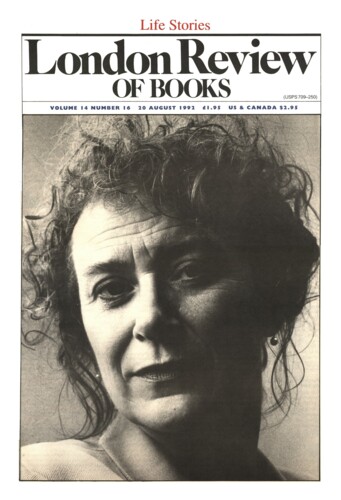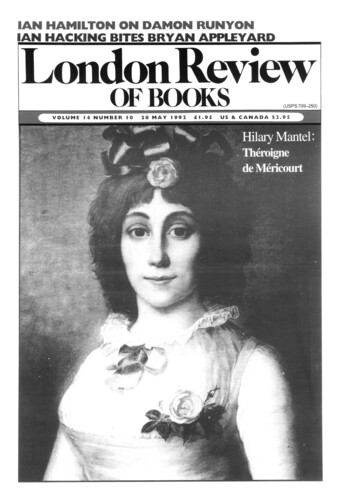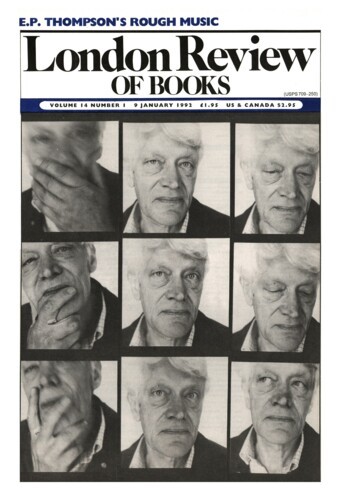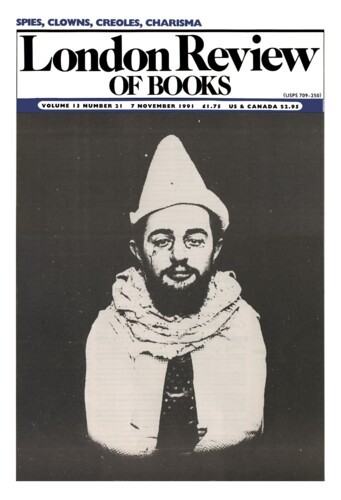Diary: In Washington
Christopher Hitchens, 20 August 1992
The high and low points of the Democratic Convention were, I found, unusually easy to determine. High indeed was the sight and sound of Aretha Franklin singing ‘The Star-Spangled Banner’, and giving it a variation that provided one of those only-in-America moments which do in fact only occur in America. Lower, both in scale and register, was the experience of seeing Roy Hattersley cruising the upper galleries of the ghastly neo-brutalist Madison Square Garden. Mr Hattersley is far too corporeal to be called a ghost, and most delegates wouldn’t have known him from Banquo anyway, but his apparition would, if he were better known, have caused said delegates to put on their garlic. The very last thing that the Democrats need is a reminder of what can happen to a campaign that plays by all the rules of poll, consensus and respectability.





